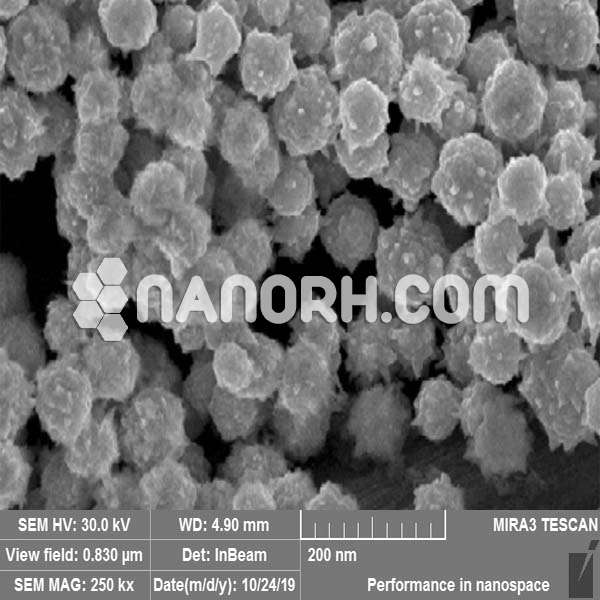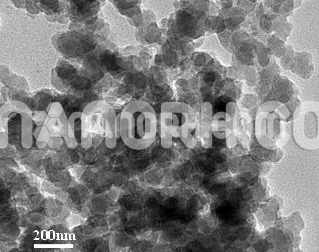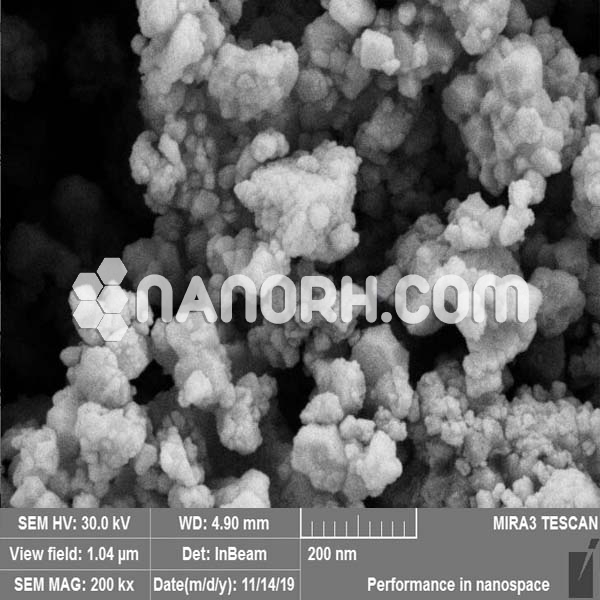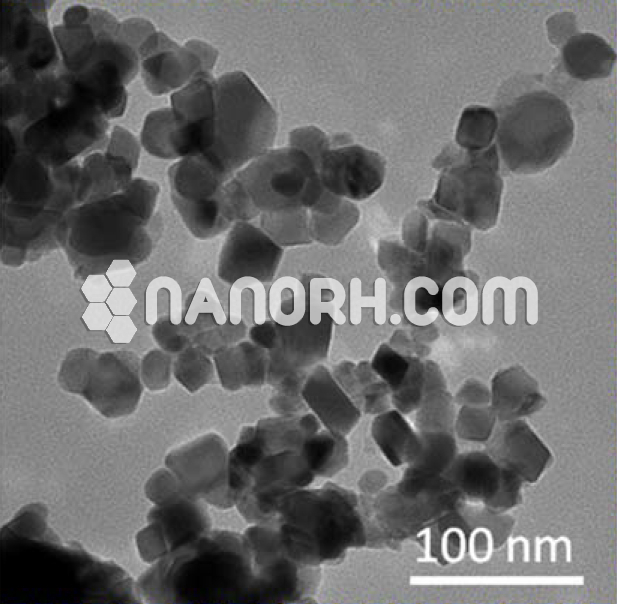| Nano Nickel Powder | |
| Product No | NRE-1027 |
| CAS No. | 7440-02-0 |
| Formula | Ni |
| APS | <500nm (Can be Customized) |
| Purity | 99.9% |
| Color | Gray |
| Molecular Weight | 58.6934 g/mol |
| Density | 8.908 g/cm³ |
| Melting Point | 1455 °C |
| Boiling Point | 2730 °C |
Nano Nickel Powder Applications
Nano Nickel Powder has a wide range of applications due to its unique properties, which are a result of its small size and high surface area-to-volume ratio. Here are some common applications of nickel nanoparticles:
Catalysis: Nano Nickel Powder is used as a catalyst in various chemical reactions. Their high surface area makes them effective at speeding up reactions and reducing the amount of energy required. They are used in hydrogenation reactions, Suzuki coupling reactions, and more.
Electrochemical Sensors: Nickel nanoparticles can be used in electrochemical sensors for the detection of various substances, including gases, organic compounds, and heavy metals. Their high surface area and excellent electrical conductivity make them suitable for this purpose.
Magnetic Materials: Nickel nanoparticles exhibit ferromagnetic behavior, and they are used in the production of magnetic materials, such as magnetic fluids and magnetic recording media (e.g., hard drives).
Electrocatalysis: They are used as electrocatalysts in fuel cells and other electrochemical devices due to their ability to facilitate the oxygen reduction reaction and improve energy conversion efficiency.
Biomedical Applications: Nickel nanoparticles are investigated for their potential in drug delivery systems, cancer therapy, and magnetic resonance imaging (MRI) contrast agents. Their small size allows for targeted drug delivery, and their magnetic properties can be used for imaging and hyperthermia treatment.
Environmental Remediation: Nickel nanoparticles can be employed for the removal of contaminants from wastewater and soil. They can be used to adsorb heavy metals, organic pollutants, and other harmful substances.
Materials Science: Nickel nanoparticles can be incorporated into various materials to enhance their properties. For example, they can be added to polymers to improve their mechanical strength and thermal conductivity.
Electronics: In the field of electronics, nickel nanoparticles are used in the production of conductive inks and pastes for printed electronics, which can be used in flexible circuits and electronic components.
Catalytic Converters: Nickel nanoparticles are used as catalysts in catalytic converters to reduce emissions from vehicles by converting harmful gases, such as carbon monoxide and nitrogen oxides, into less harmful substances.
Energy Storage: Nickel nanoparticles are being researched for use in batteries and supercapacitors to improve their energy storage capacity and performance.
Coatings: Nickel nanoparticles can be incorporated into coatings to provide corrosion resistance and enhance the mechanical properties of surfaces, such as metals and ceramics.
Solar Cells: They can be used in the development of high-efficiency solar cells due to their unique electronic and optical properties.




